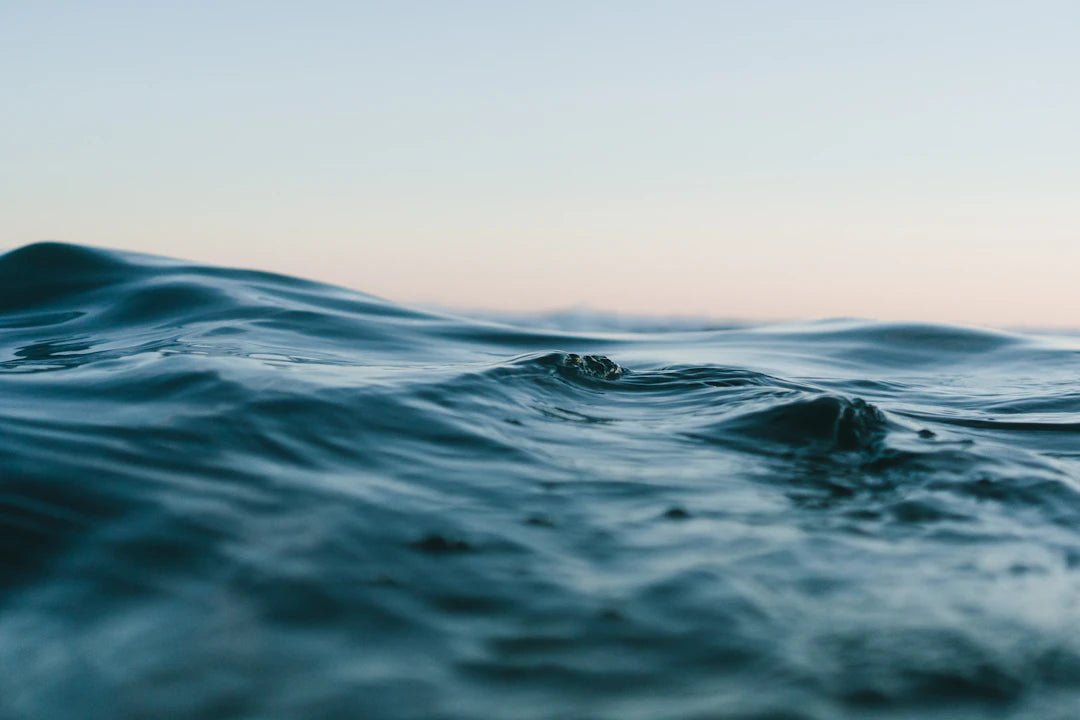The Environmental Impact of Reverse Osmosis Systems
Overview
Reverse osmosis (RO) systems effectively purify water but raise environmental concerns, including significant water wastage and high energy consumption. Alternatives like carbon filters may be more sustainable. Australian communities are promoting water conservation initiatives and offering incentives for eco-friendly practices. When choosing a filtration system, consider water quality needs, efficiency, and sustainability to make informed decisions for a healthier future.
Frequently Asked Questions
1. What is reverse osmosis and how does it work?
2. What are the environmental concerns associated with reverse osmosis systems?
3. How does reverse osmosis compare to other water filtration options?
4. What initiatives are being taken in Australia to promote sustainable water practices?
5. What should consumers consider when choosing a water filtration system?
Water is an essential resource for life, and ensuring that it’s safe for consumption is a priority for households all around Australia. Among the various options available, the reverse osmosis system has gained significant attention for its efficacy. However, while it offers pure drinking water, there’s a growing conversation about its environmental impact. This article examines the environmental implications of reverse osmosis systems in Australia, highlighting why understanding this is essential for sustainable living.
Understanding Reverse Osmosis Systems
To grasp the environmental impact of reverse osmosis systems, it's essential to first understand how these water filtration systems operate. Reverse osmosis (RO) is a technology that removes particles and contaminants from water by pushing it through a semipermeable membrane. This process is effective in eliminating a wide range of pollutants, including salts, impurities, and microorganisms, making it a preferred choice for many consumers across Australia.
The Process of Reverse Osmosis
The reverse osmosis process involves several steps:
- Pre-filtration: This stage involves removing larger contaminants to protect the RO membrane.
- RO filtration: Water is pushed through the RO membrane, filtering out unwanted substances.
- Post-filtration: This final stage ensures the water is free of any remaining impurities.
Each step in this process is vital for ensuring that the water we consume is purely filtered, resulting in a product many consider the essential water filter for their homes.
The Environmental Costs of Reverse Osmosis Systems
While reverse osmosis systems offer benefits in terms of water purification, they also raise several environmental concerns, particularly in the context of Australia’s unique ecosystems.
Water Wastage: A Significant Concern
One of the most significant environmental impacts of reverse osmosis systems is the amount of water wasted during the filtration process. For every gallon of purified water produced, reverse osmosis systems can waste about three gallons of water. In a country like Australia, which often faces droughts and water shortages, this wastage poses a serious concern.
Energy Consumption and Carbon Footprint
Another aspect to consider is the energy consumption associated with operating these systems. Reverse osmosis systems typically require a pump to increase water pressure, which can lead to a higher carbon footprint. As Australia strives towards reducing its environmental impact and moving towards renewable energy sources, the energy needs of these systems can become a point of contention.
Packaging and Waste Generation
The reverse osmosis process also generates waste in the form of used cartridges and membranes. These components must be replaced periodically and often end up in landfills, contributing to increased plastic waste. Responsible disposal and recycling of these materials are crucial in minimizing their environmental footprint.
Comparing Water Filter Options
When evaluating different water filter options, it’s essential to consider their overall environmental impact. For example, carbon filters and UV filtration systems generally have a lower environmental burden compared to reverse osmosis systems. While not as effective in purifying water as RO systems, they often produce less wastewater and have a smaller energy requirement. Choosing a filtration system that balances water quality and environmental sustainability is crucial.
Community Initiatives in Australia
In light of these environmental concerns, many Australian communities are adopting practices to minimize the impact of water filtration systems. Here are a few initiatives being implemented:
Water Conservation Campaigns
Local governments in various Australian regions are running campaigns to promote water conservation. These campaigns often focus on raising awareness about the environmental impact of water usage in households, encouraging residents to be more mindful of their consumption.
Incentives for Sustainable Practices
Some Australian states offer incentives for households that opt for more sustainable water filtration methods. These can include subsidies or rebates for systems that reduce wastewater and energy consumption, promoting the use of environmentally friendly alternatives.
Choosing the Right Filtration System for You
As a consumer, understanding the impacts of your choices is vital for making informed decisions about your water filtration system. Here's a guide to selecting the ideal system for your home while considering environmental factors:
- Evaluate your water quality needs: Consider having your water tested, so you know what contaminants you are dealing with.
- Look for efficiency: Research systems that offer high filtration rates with minimal water wastage.
- Consider sustainability: Opt for brands that prioritize eco-friendly practices regarding materials and energy usage.
- Stay informed: Keep up-to-date with local initiatives and incentives promoting sustainable water solutions.
The Role of Companies in Environmental Responsibility
Companies that produce Essential Water Filter systems have a responsibility to adopt environmentally friendly practices. The industry should focus on:
Innovation in Design
Manufacturers can innovate filtration systems to reduce water waste, incorporate recyclable materials, and enhance energy efficiency. These designs can make a significant difference in the overall environmental impact of reverse osmosis systems.
Education and Transparency
Companies should provide consumers with clear information regarding the environmental impacts of their products. Educating consumers about responsible usage, waste management, and alternative options can help promote a more environmentally conscious market.
Turning to Rippl Pure for Smart Water Solutions
At Rippl Pure, we understand the importance of providing high-quality water filtration systems while being mindful of our environmental impact. Our approach is designed to offer you the best of both worlds: effective water purification and minimal environmental impact. Through responsible practices, Rippl Pure challenges the norm and sets the standard for sustainable water filtration solutions in Australia.
Making Informed Choices for the Future
As water scarcity continues to affect not just Australia, but the world, being conscious of our water use is more critical than ever. The environmental impact of reverse osmosis systems reminds us that while having pure water is vital, it’s even more essential to balance this need with our responsibilities to the planet. By being informed, making conscious choices, and advocating for sustainable practices, we can all contribute to a healthier future.
So, as you think about your own water filtration needs, remember to consider the broader impact of your choices. A little change can lead to significant outcomes, ensuring that clean water remains available for generations to come.
Linked Product

Reverse Osmosis Filter Replacement for Rippl Pure - Essential to Maintain Clean, Pure Water
The Reverse Osmosis Filter Replacement for Rippl Pure is designed to effectively remove contaminants from your water, enhancing both its safety and taste. Regular replacement every 12–24 months is essential for maintaining optimal water quality and ensuring the longevity of your filtration system. The easy installation process allows for straightforward maintenance, contributing to a healthier home environment.
View Product


